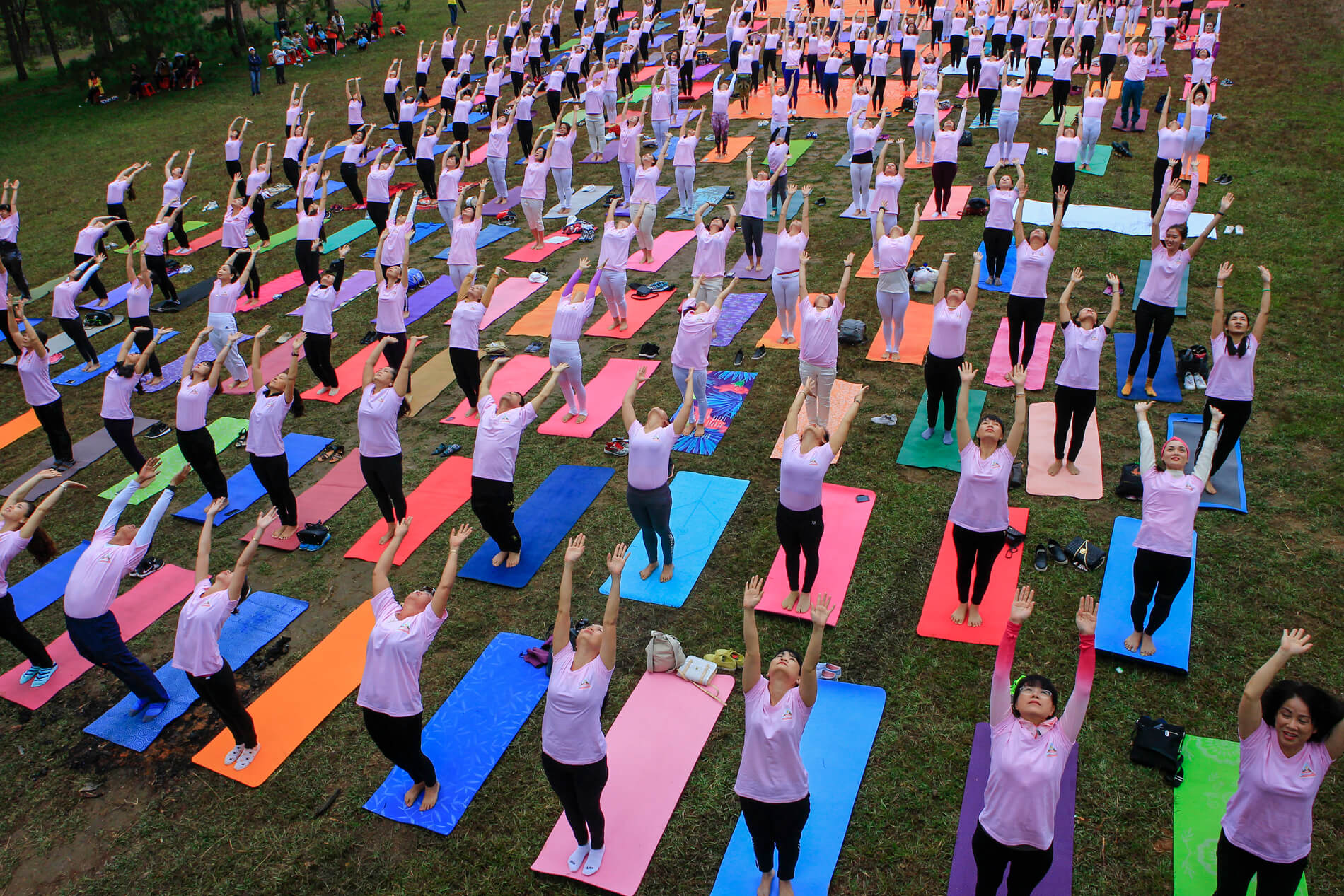
Annual Giving Campaign - 2023-2024 is under way. Donate today by Clicking Here, and help us reach our goal.
So far, $908,047 has been raised out of a target of $ 3 Million. Click Here to donate today and help us reach our goal.

$1,250.00

This course is part of the following programs:
Admission into program of study

$1,250.00

Sign-up for HUA communications
Main Campus:
Administrative Office:
Sign-up for our free webinars
"*" indicates required fields


